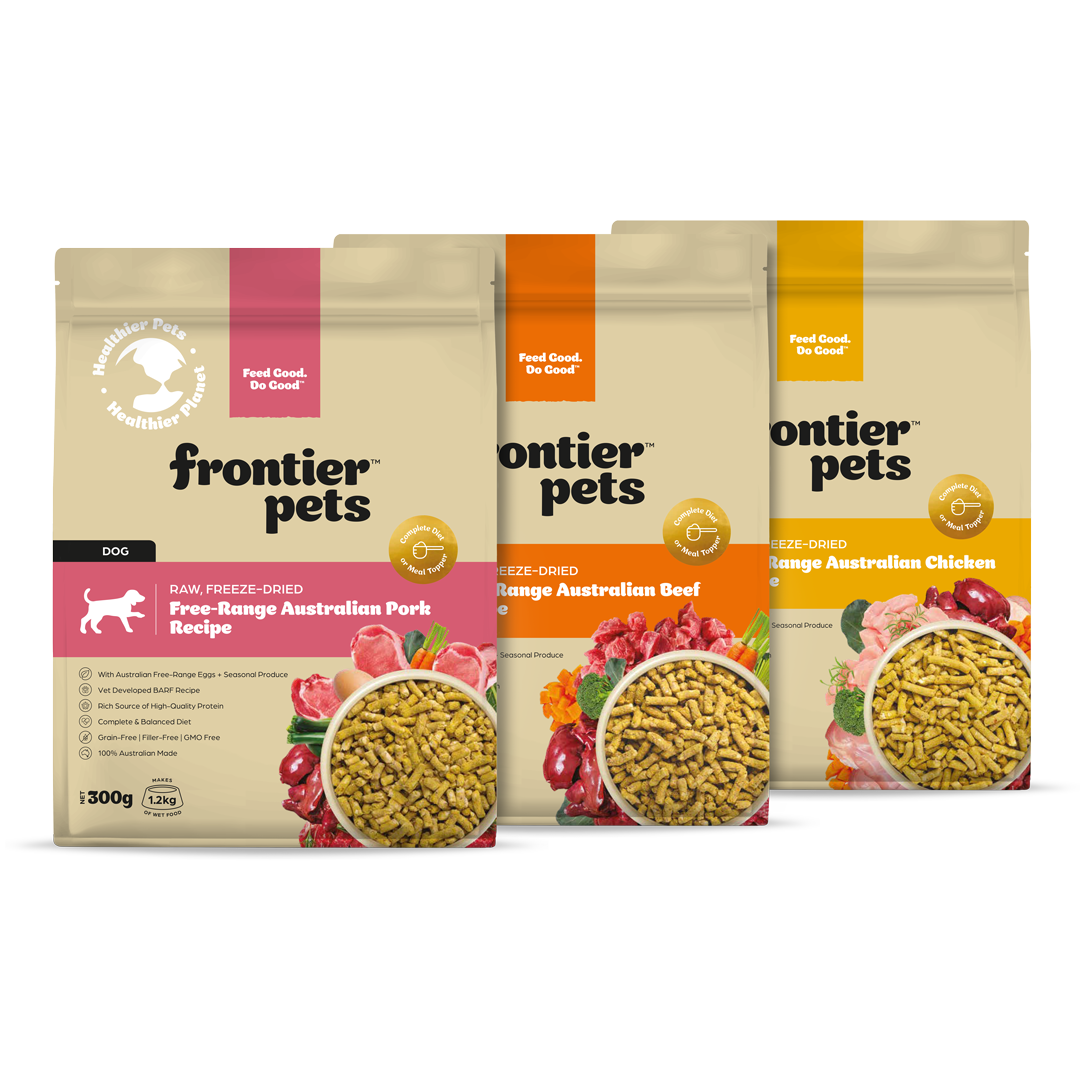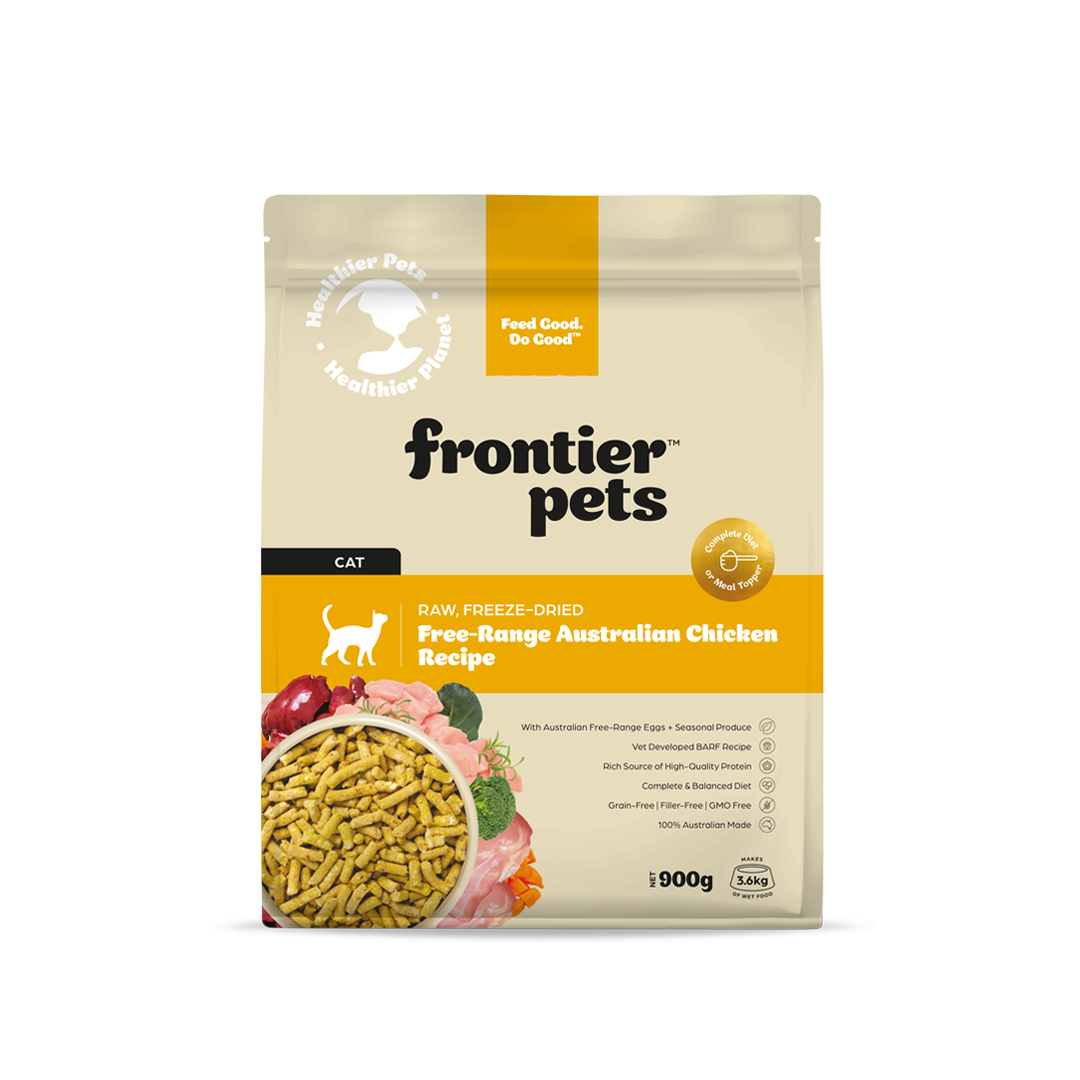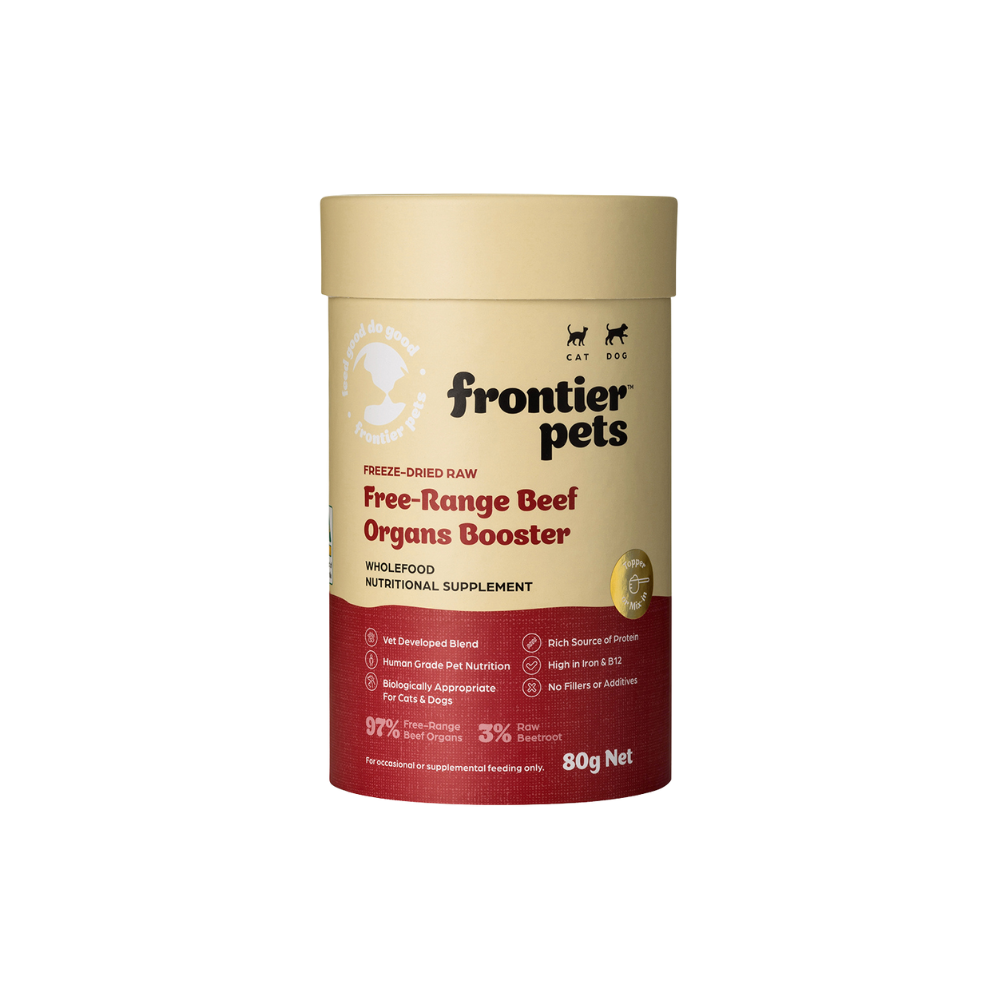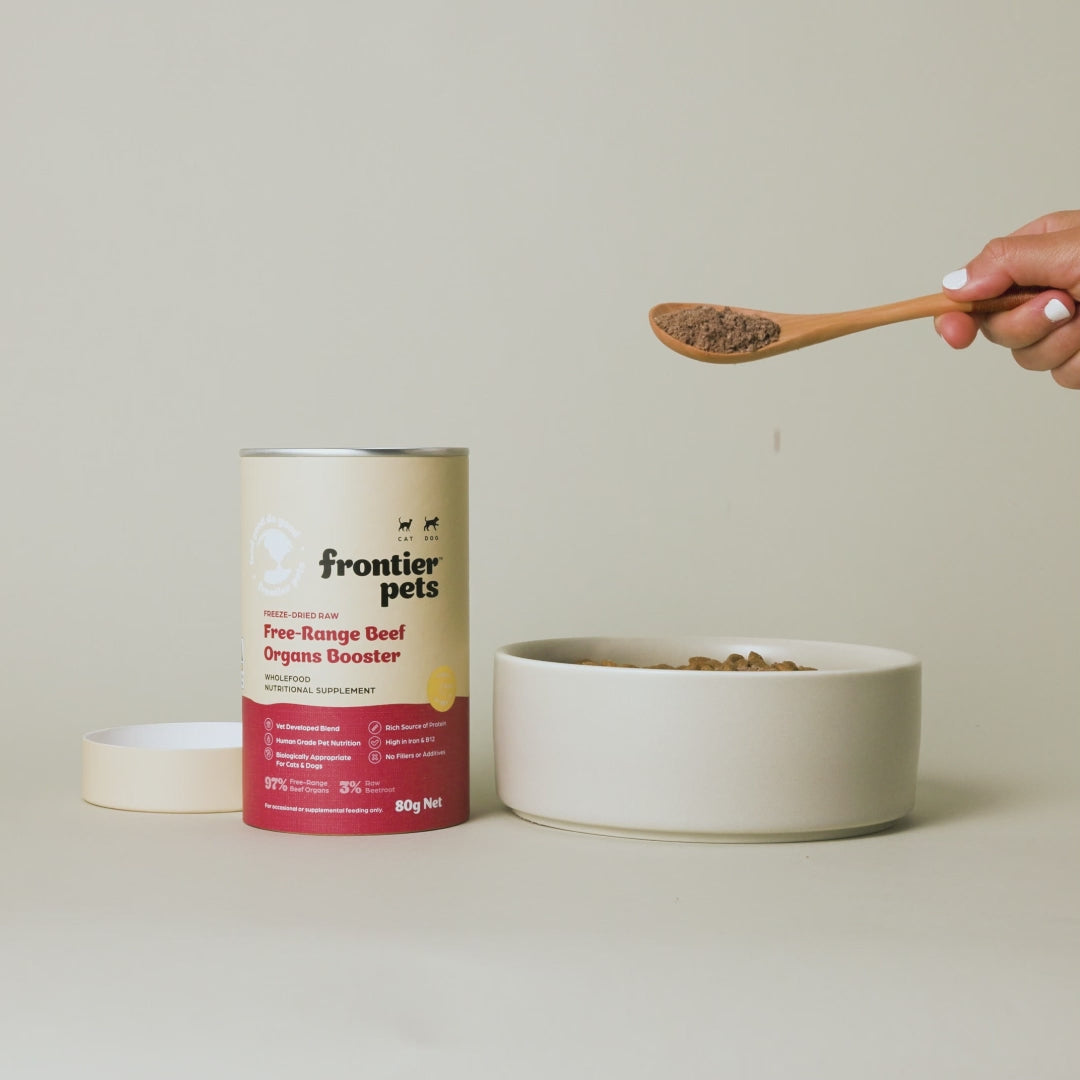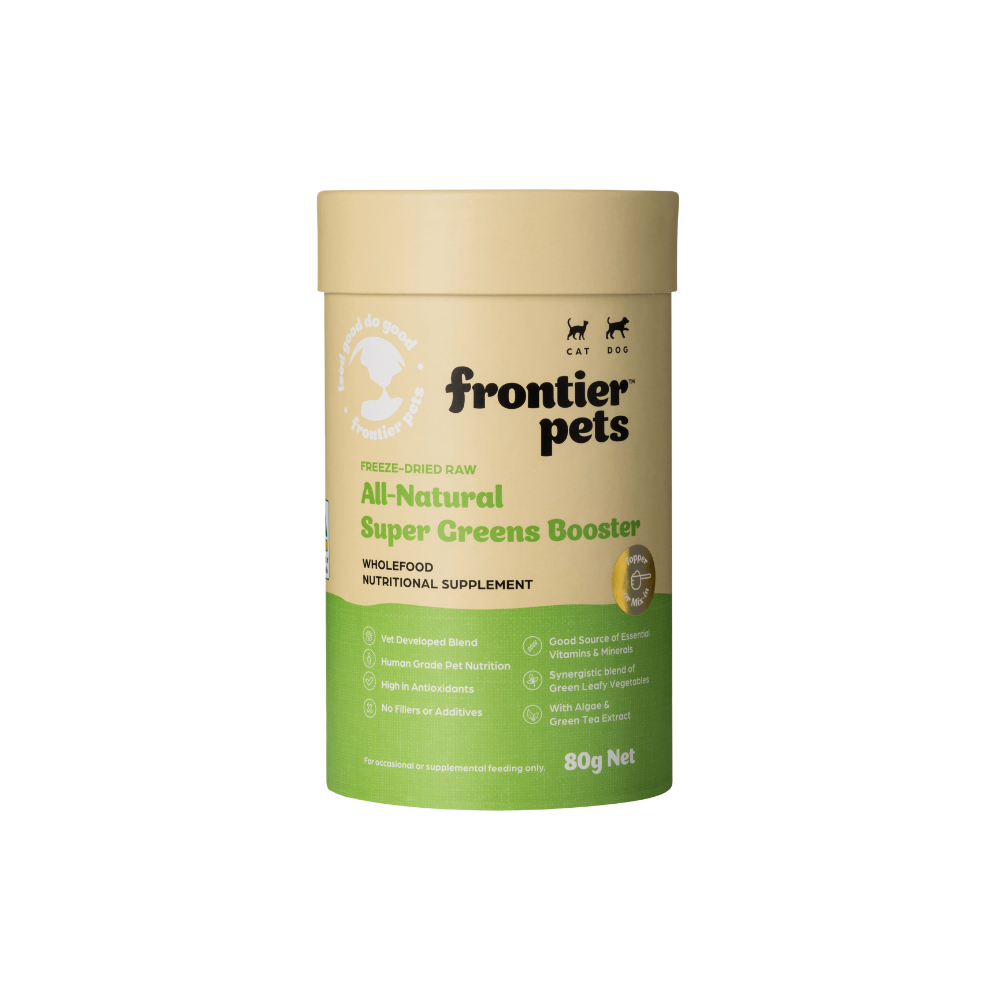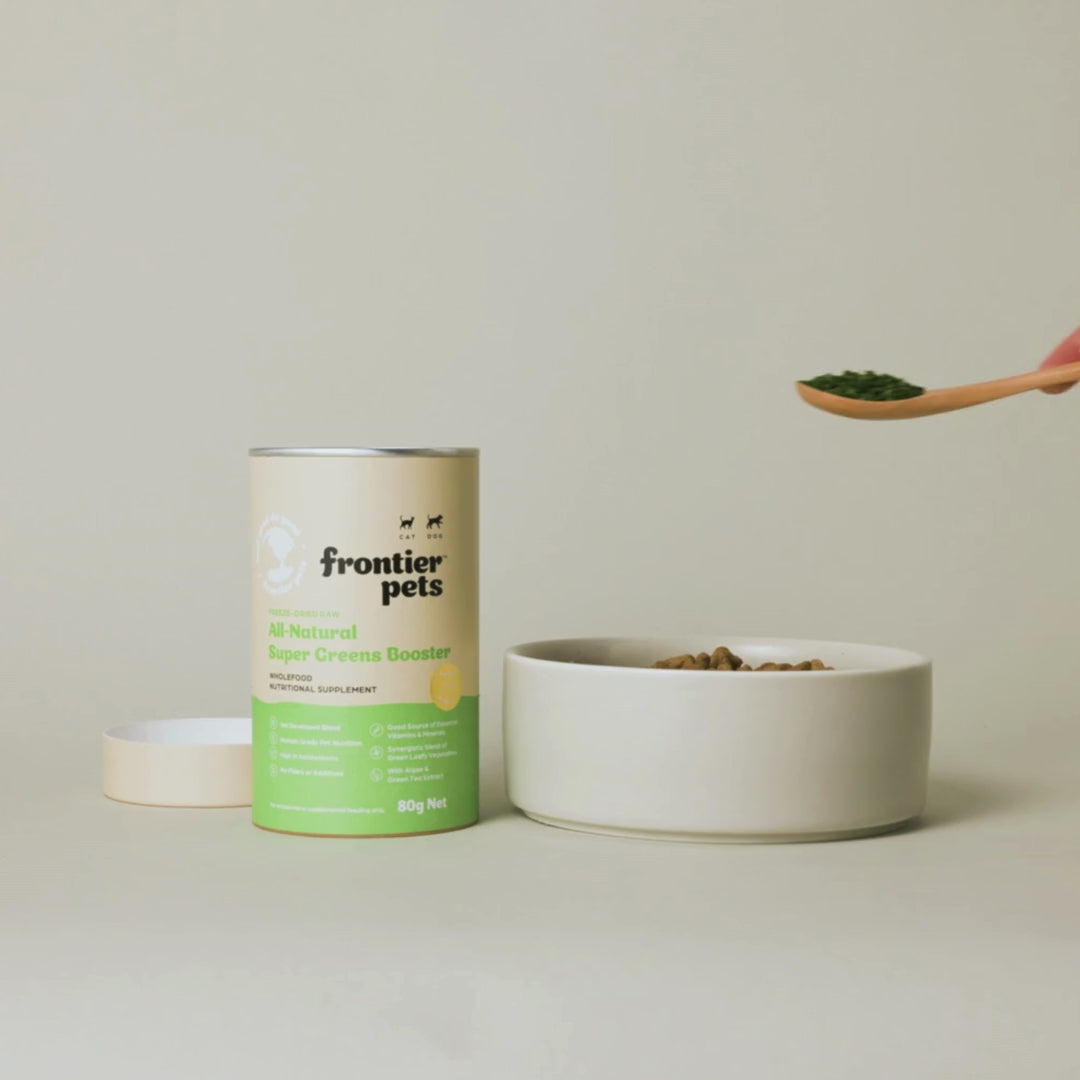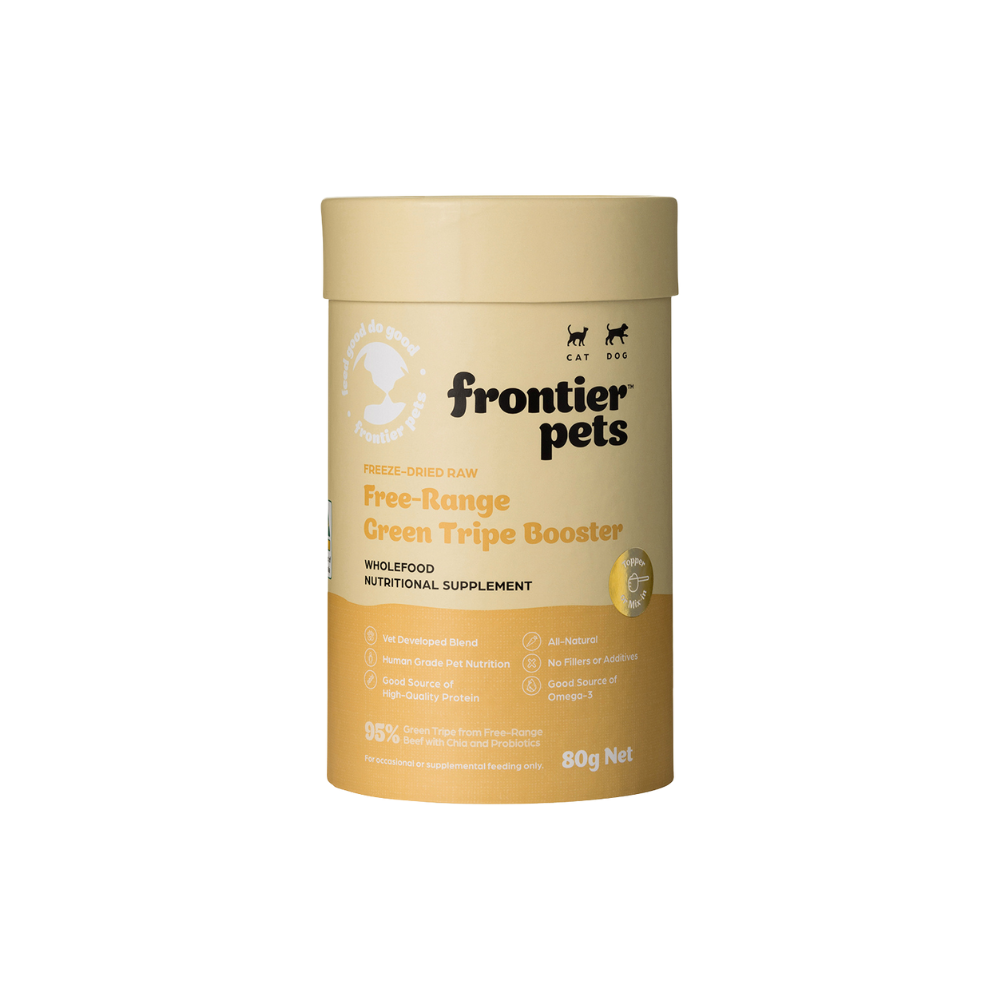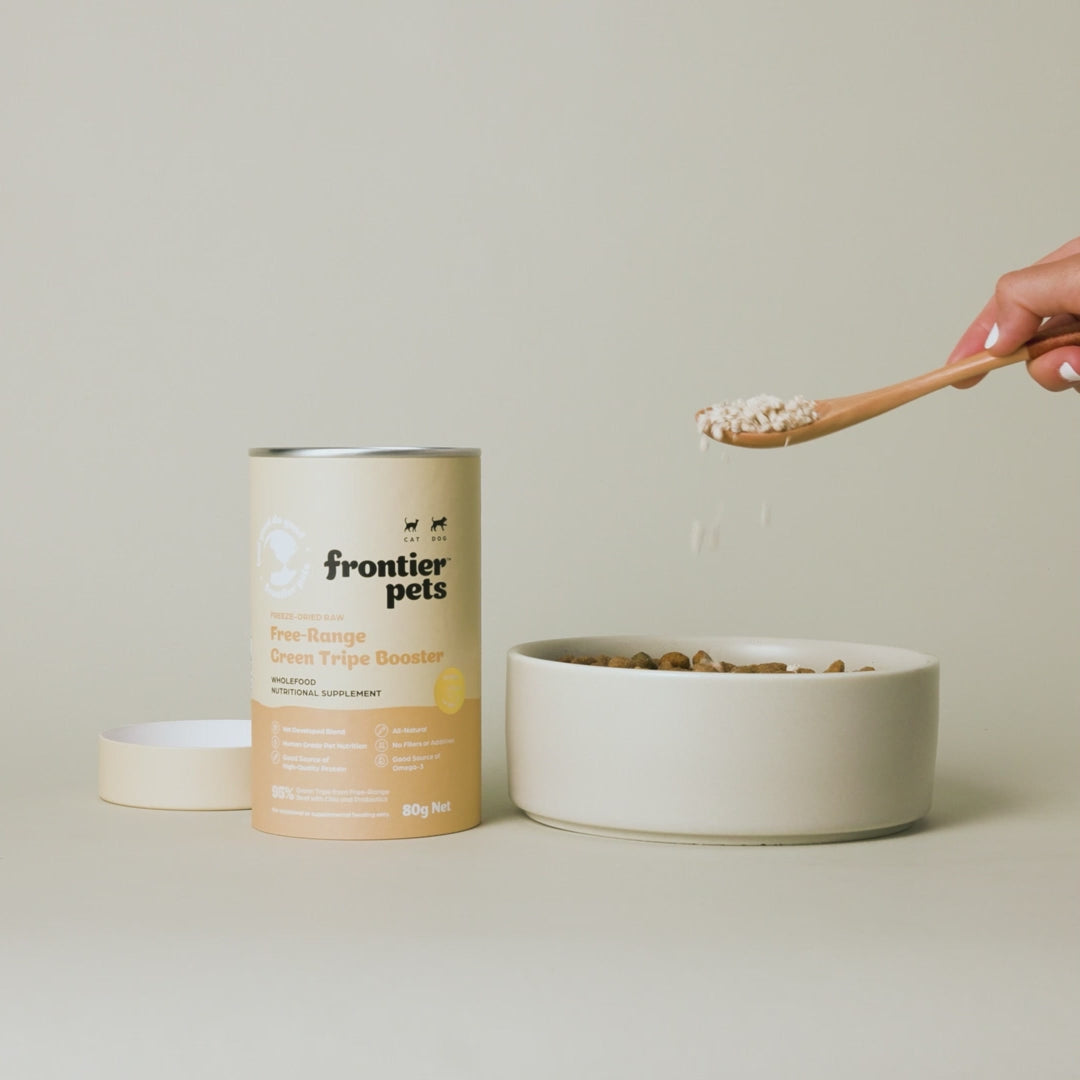How to Get Your Cat to Drink More Water: A Guide to Feline Hydration and Urinary Health

🌟 Quick Summary: Why Hydration is Key for Your Cat's Health 🌟
Keeping your cat well-hydrated is more than just making sure there's water in their bowl. Cats naturally get most of their water from their food, which means they might not drink enough on their own—especially if they eat dry food. Proper hydration is essential for your cat's urinary health and overall well-being. In this guide, we’ll share tips to encourage your cat to drink more water, signs of dehydration, and how hydration can prevent urinary issues.
Keep reading to learn:
- Why hydration is crucial for your cat’s health from maintaining organ function to preventing painful urinary conditions.
- How to make sure your cat gets enough water like using water fountains or adding water to their food.
- Signs your cat might be dehydrated or have urinary issues and when to see a vet.
- Tips to prevent urinary problems through diet, stress management, and a few simple changes at home.
Let's dive into the details to keep your feline friend happy, healthy, and well-hydrated!
Why Hydration Matters for Cats?
Proper hydration is important to maintain blood pressure, heart rate, proper organ function, mental clarity and healthy body tissues. The urinary system of cats is especially sensitive to dehydration and can be a factor in a range of health conditions such as infections (cystitis), bladder crystals and stones, and urethral obstruction. These health conditions can be associated with painful, frequent urination, or sometimes even life-threatening blockages. Proper hydration helps dilute urine, reducing the risk of urinary crystals forming and of bacterial infections. Well hydrated cats need to pee more, and this flushes the bladder. Well-hydrated cats produce pale yellow dilute urine, while dark yellow urine is commonly a sign of dehydration.
Key Fact: Cats are biologically designed to naturally get most of their water from their food, so it's easy for cats eating dry food to be dehydrated. Feeding canned or fresh food naturally has more water and aids hydration. If feeding dry food like Frontier Pets cat food, ensure the food is offered reconstituted with water i.e. in its wet form.
This general health advice comes from holistic vet. For any specific health concerns about your pet, please consult your vet. Individual animal needs may vary.

How to Encourage Your Cat to Drink More Water
- Provide Fresh, Clean Water Daily: Cats are sensitive to stale water. Replace water in their water bowls frequently and ensure they always have access to fresh water.
-
Invest in a Pet Water Fountain: Many cats prefer moving water. A cat fountain mimics running water and encourages increased water intake. If you don’t have a water fountain many enjoy drinking from a running tap if it is turned on for them.
-
Try Different Water Dishes: Some cats dislike deep or narrow bowls. Experiment with flat, wide dishes to see what your cat prefers. Stainless steel or ceramic bowls may also reduce bacterial growth compared to plastic.
-
Add Water to Their Food: Mix water with your cat's wet food or try a nutrient-enriched water designed for cats. This boosts hydration while they enjoy their meals.
-
Offer Multiple Water Stations: Place water bowls in different areas of your home, especially near their favourite spots or feeding areas, or en route to their litter box area.
Signs of Dehydration and UTIs in Cats
Look out for these common symptoms that may indicate dehydration or urinary tract disease:
- Dark or concentrated urine
- Frequent urination in small amounts
- Bloody urine
- Straining or painful urination
- Reduced urine output but going to the litter box (may indicate a blockage)
- Excessive grooming near the genitals
If you notice any of these signs, consult your vet immediately for diagnosis and treatment advice. Bring a urine sample with you to the appointment if you can in a clean container. It is best fresh and not refrigerated.
How Hydration promotes urinary health in cats
-
Dilutes Urine: Proper hydration reduces urine concentration, lowering the risk of bacterial growth and urinary stone formation.
-
Promotes Urine Flow: Increased urine output flushes out bacteria and prevents the buildup of crystals or other irritants.
-
Supports Recovery from urinary illness: For cats who have had urinary issues, fluid therapy and increased water intake are often part of the treatment plan for the reasons listed above.
Pro Tip: If your cat has had a UTI or other urinary issues please discuss with your vet if any changes are needed with their diet or lifestyle to prevent recurrence.

How to Prevent Urinary Issues in Cats
- Feed enough water: Incorporate wet food or water-enriched meals into their daily diet.
- Maintain a Healthy Weight: Obesity promotes inflammation and can worsen all illnesses, including those affecting the bladder and kidneys.
- Clean Litter Boxes Regularly: Dirty boxes can discourage urination, increasing the likelihood your cat will not urinate often, and this increases the risk of bladder infections.
- Provide Stress-Free Environments: Stress is a common factor involved with cystitis in cats. Cats are particularly sensitive to stress, which can exacerbate urinary conditions. Stress from environmental factors can decrease water intake, change urination habits and contribute to or worsen conditions like cystitis. Speak to your vet about medication or supplements for stress if needed.
- Environmental Enrichment can help to reduce stress. This means giving your cat lots of interesting things to think about. Some good options are providing scratching posts, cat trees, enrichment feeding, interactive play and toys and daily routines.
Final Thoughts
Proper hydration is essential for maintaining your cat's health and preventing common health issues like UTIs and urethral blockages. By incorporating strategies like water fountains, feeding a wet and not dry diet, and frequent water changes, you can help your cat stay healthy and happy. Remember, if you suspect a medical condition, always consult your vet.
This is a general guide only which has been reviewed and proofread by our in-house holistic vet. Always consult your vet for more personalised advice and information tailored to your cat's specific needs.
Frequently Asked Questions (FAQs)
More Blog posts

Best Low Maintenance Dog Breeds in Australia
Choosing your new fluffy companion is never easy. There is a wide range of considerations that go into finding the perfect pup for you! From your lifestyle to your living arrangements, it’s importa...
Read more
Steps With Pets Charity Challenge, August-September 2025
Steps with Pets – Tottenham Hotspur’s global charity dog-walking challenge, supported by Frontier Pets Calling all dog-loving Spurs fans around the world! This is your chance to combine your pass...
Read more
